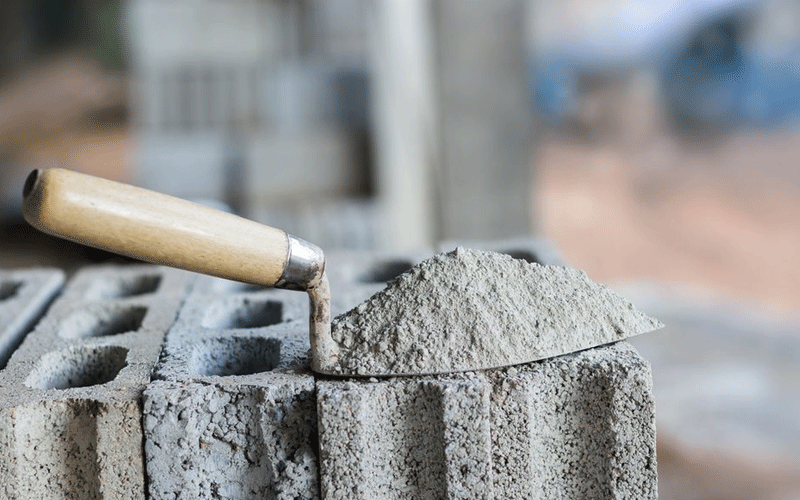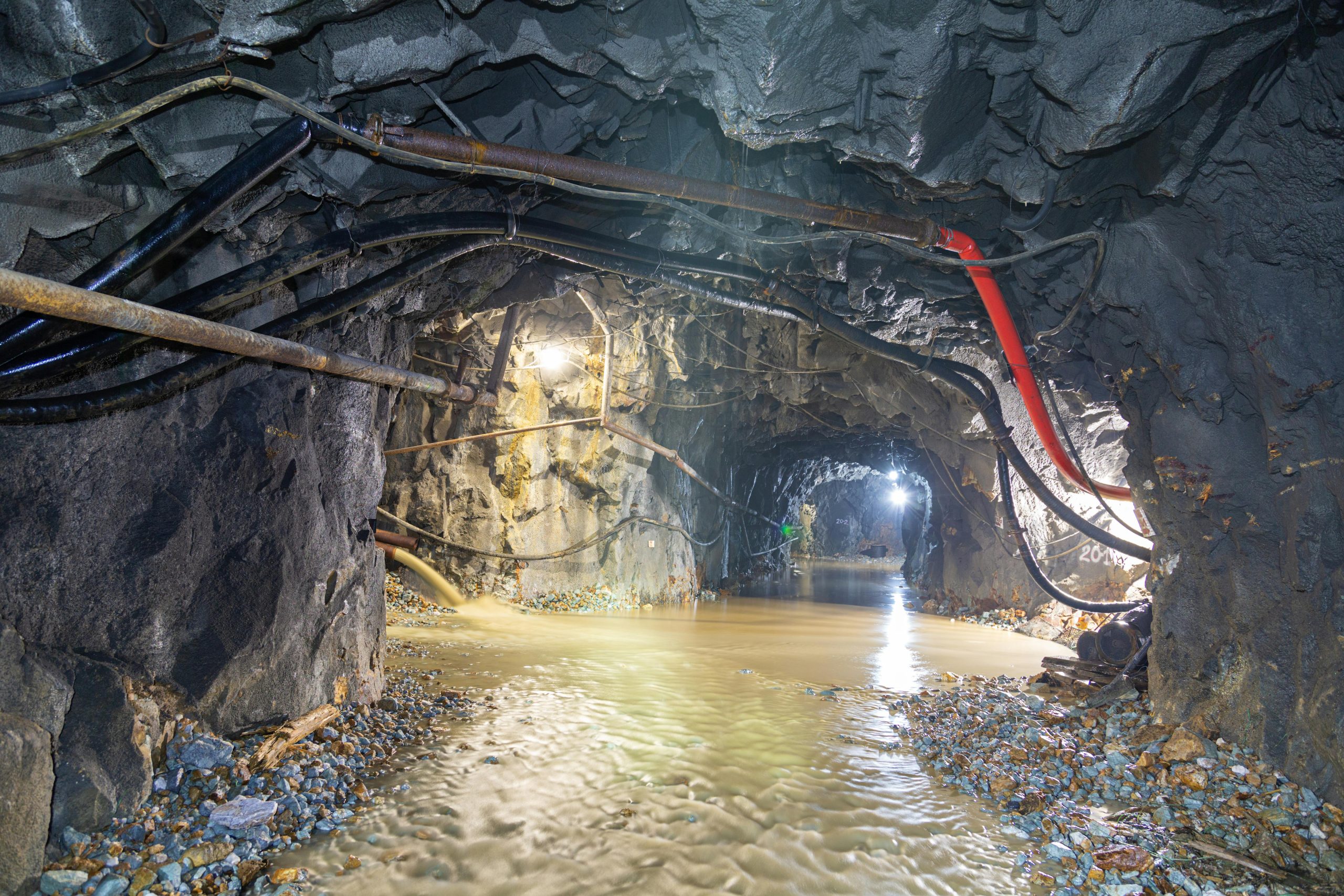National Cement plans to cut up to 860 jobs over importation of clinker

PRODUCTION: Local manufacturer National Cement Company is mulling laying off 860 workers in its Emali-based clinker plant due to low business.
This as increased imports of the raw material for cement means local manufactures remain with unused capacity despite appeals to government to cushion local manufacturers.
“We had hired additional staff in line with our expanded clinker capacity so as to satisfy local demand but imports are eating into this market.
It is therefore difficult to sustain jobs when there is no demand to allow us to operate at full capacity,” said Narendra Raval, Devki Group chair said in a statement.
Kenya National Bureau of Statistics data estimates that Kenya imported two million tonnes of clinker in 2020, up from 1.81 million tonnes in 2019, setting a new high for Kenya at Sh8.65 billion.
In the five years up to last year, manufacturers spent about Sh8.3 billion annually to import 4,440 tonnes of clinker from Saudi Arabia, United Arab Emirates, Egypt and Pakistan among others with the price of imported clinker averaging Sh4,440 during that period.
Kenya has four clinker production plants with a combined annual capacity of about eight million tonnes.
With two million tonnes in the last five years, Kenya can consider substituting the imports with local produce.
Experts say that this not only hurts local manufacturers as it exports such jobs to other countries, but also leads to loss of much-needed foreign exchange, as Kenya imports such products which are available locally.
Big Four agenda
In hindsight, they say, it also generally hurts government’s bid to shore up the manufacturing sector as one of the pillars of the Big Four agenda, which is to create decent jobs through value addition.
“Millions of dollar investments are going down because of policy gaps. As a country, how are we going to encourage more investments and industrialisation to create jobs for millions of youth?” posed Raval.
Now Raval warns that the firm might opt to imports clinker if government support doesn’t come through.












